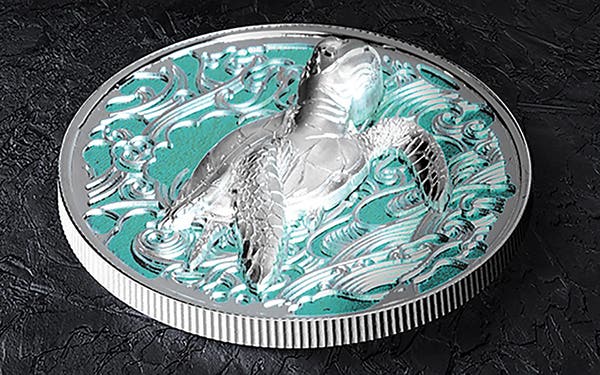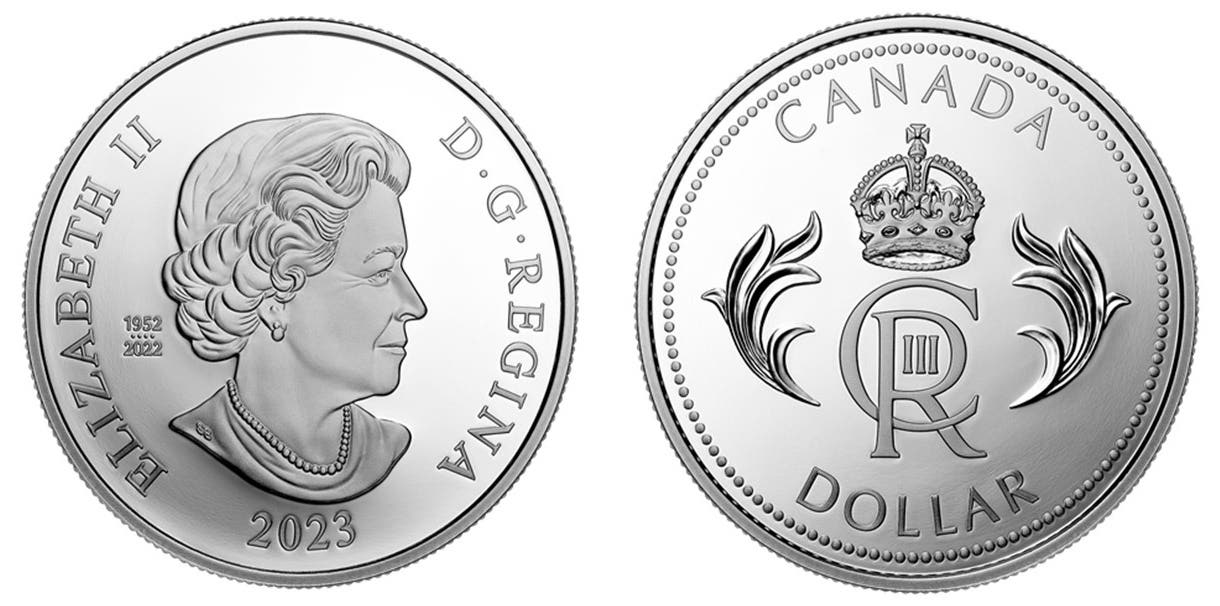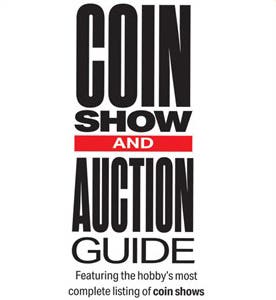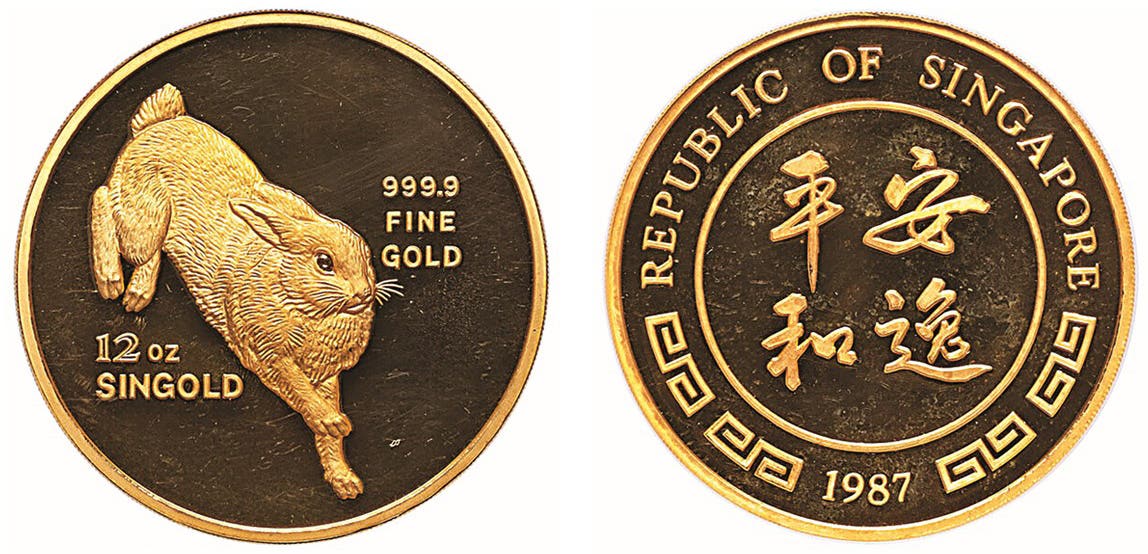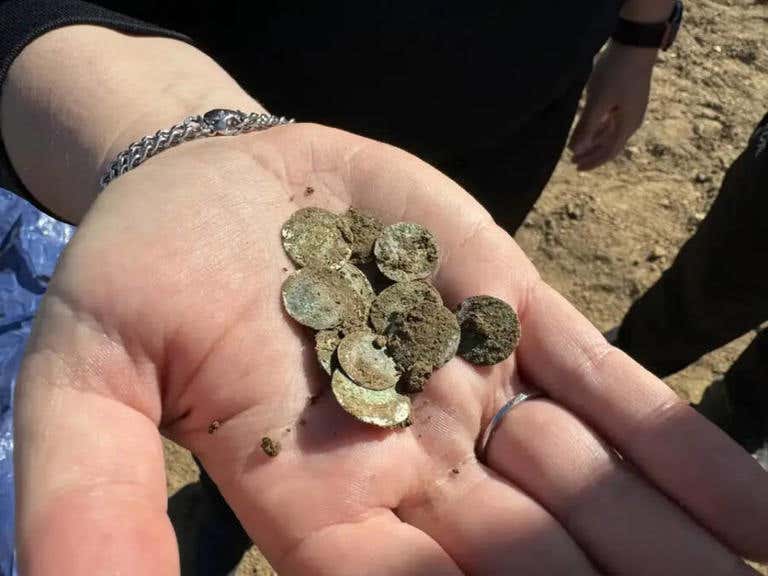Presumed Fortune Found and Lost
A lot of the early issues of Coins magazine stressed the importance of knowledge – whether it be as a collector or an investor. Knowledge was also crucial when it…
A lot of the early issues of Coins magazine stressed the importance of knowledge – whether it be as a collector or an investor. Knowledge was also crucial when it came to the detection of an increasing number of more deceptive fakes making their way onto the numismatic marketplace.
The June 1963 issue of Coins, in the “News Briefs and comments” column, warned:
“Somewhere in the world – several places in fact– there are some real busy counterfeiters. They don’t bother with counterfeiting current currency—there are laws against that and these counterfeiters are determined to work completely within the law.
“No, these people are counterfeiting coins, coins which are quite scarce and which command a fairly good price. We have reports of fake Greek coins which give even the experts a bad time. And there is a regular flood of spurious pieces of eight rolling up from across the Rio Grande. We hear about rigged three-legged Buffalos, altered dates of one kind or another and various varieties of fraudulent pieces.
“We’re not naive enough to think that asking these people to stop making these pieces will be enough ... There’s no possible way to stop forgery manufacture except by stopping the purchasing of forgeries. And the people who make them are certainly going to sell them as long as there are people willing to buy them.
“So, right now, we’re contributing our positive suggestion for the day. Be informed. If you don’t really know what you’re buying, why do you want it in the first place? Learn all you can about the coins you are interested in and be sure you get what you are paying for.”
Or course, besides the sophisticated fakes, there have long been those bogus pieces made and sold in foreign countries, aimed at fooling the unsuspecting tourist who thinks he or she has picked up a rarity for a song. “To Watch a Fortune Disappear,” by John E. M. Moore in the May 1963 issue of Coins told such a cautionary tale of presumed fortune found and lost:
“It had been hotter and more uncomfortable than usual in the LandRover for the past few days. I was getting rather full of Pakistani food, which consisted (at least for us) of melons, goat cheese, and thick, sweet tea.
“It was still a long way to India and the end of our expedition, so to escape the surroundings I began to day-dream, and, as usual, my dreams turned towards money. But this time I dreamed along more concrete lines.
“I remembered my coin collection of years ago, and the old, old shilling my father had given me which I carried in my pocket for years, believing myself the owner of a vast fortune, before I lost it. I had never had it appraised, so I always had the secret feeling that fate, in the form of a hole in my pocket, had robbed me.
“I still had this awe of old coins and in our many stops at ancient ruins throughout the Middle East I had always kept a weathered eye out for some small bit of metal, dropped hundreds of years ago by a careless merchant. But it was in the heat and discomfort of Pakistan that I decided I must make a systematic search for old coins, which, I was sure, I could cash in for a great sum.
“When we camped near the ruins of the old city of Taxila in Northern Pakistan, I went off in the rays of the evening sun to seek my fortune in the dust of the ancient marketplace. Darkness came too quickly, and I realized that I would have to recruit my companions if I was to find anything before we went on to India.
“The next day at sun-up – hunger always roused us at dawn – all four of us clambered up to Taxila and began sifting through the grayish dust. It wasn’t long before we were joined by wide-eyed children from the nearby village and even some adults. We flattered ourselves that we were curiosities, explorers in a place where white faces were rarely seen.
“We explained by elaborate signs – and the few coins in our pockets – what we were searching for, and the children joined in enthusiastically, tossing dust and pebbles in the air til we were all in a dry, dirty, fog.
“Tired, but still game, we went back to camp at noon to eat some more melons and talk about how much the British Museum paid for old Greek coins.
“After a longish nap we all strode off again, determined to find the coins we knew must be in the ruins. This time I was barely in the city when I saw one, only half-hidden by a rock. As I picked it up the same shiver of delight I had felt when I fingered the old shilling came over me. The coin was round and battered, the imprint almost worn away but Paneis, the Greek in the group, assured me it must be a coin of Alexander’s time.
“Before we quit that night I had four more metal bits in my pocket. I hadn’t found these myself – some men from the village had wandered up and offered them for what seemed a ridiculously low price for such treasures.
“I was sure they were genuine, for they were very nearly identical to my own find. The other three bought as well, and we went to bed full of goats’ cheese and plans for expensive country houses.
“All through the rest of the trip, as the food and heat got worse, I lived with the dream of great wealth these five small coins would bring me and I grew impatient for the day when would stride into the British Museum and casually toss them on a shelf and hear the gasp of amazement.
“It was a rainy December afternoon when I finally got to the rare coins room of the Museum and I somehow couldn’t manage the casual toss. I laid the five small, dull objects carefully before the impassive coin curator and watched him shuffle off into the musty vastness of the back of the Museum.
“I stood staring down into a case full of Roman coins, thinking how their worth must pale before my find. I wondered whether I should have dinner that night at the Savoy or Bentleys. I wondered which tailor was going to be lucky enough to get my custom …
“Then I heard the bleak shuffle of the curator coming down the long corridor. I turned, allowing a kindly smile to touch my lips, as I thought how much richer I was than this old man could ever be.
“‘Phony.’ He tossed them insultingly in front of me.
“I leaned heavily against the case of Roman coins and wondered at how such a large fortune could disappear at the sound of one word.
“Weeks later, when I was again accustomed to poverty, I went to the library and did research on the friendly people of the village near Taxila.
“The book said blandly, and with a hint of condescending amusement, that a prime source of income in Northern Pakistan was selling ‘ancient Greek’ coins to all the tourists who strayed into the area.”
We all get duped at some point by someone or something. Experience and the constant quest for knowledge are important in keeping such occurrences to a minimum. The above story may have been fanciful, but it highlights the need for knowledge. Fortunately, collectors nowadays have a myriad of sources, such as Numismatic News and Coins, to learn the hobby basics and avoid being taken. υ



